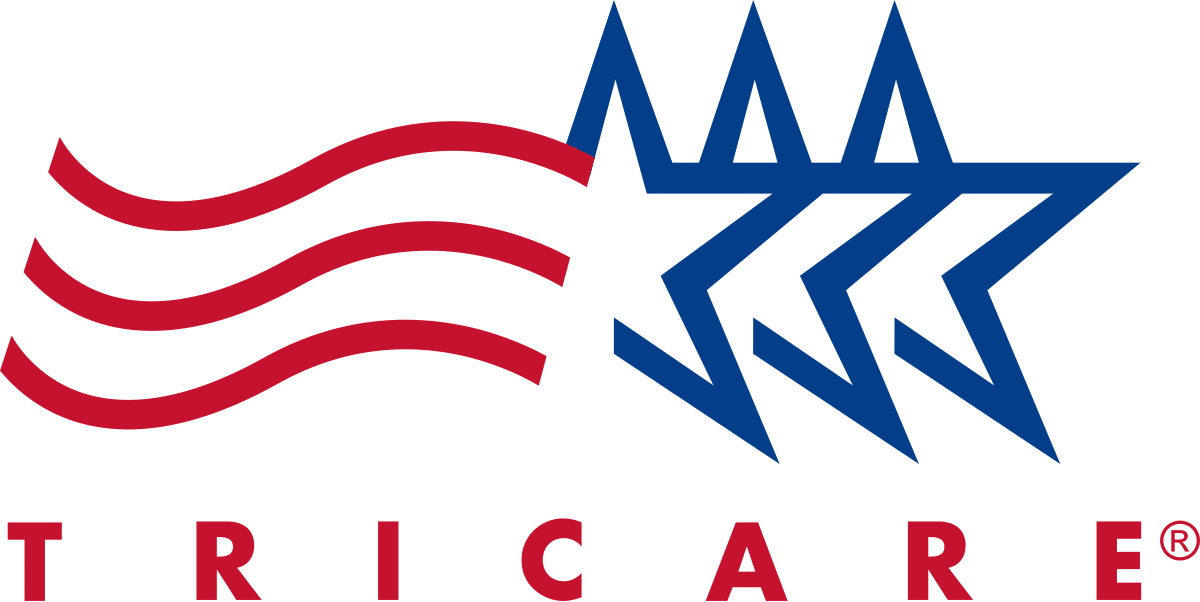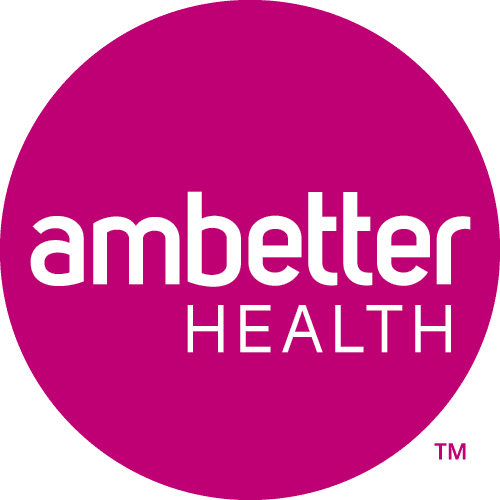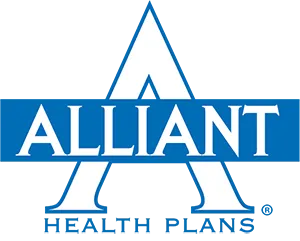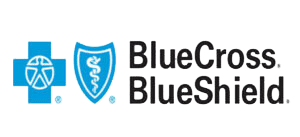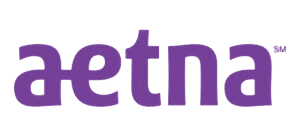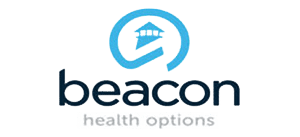Depression Treatment Center in Rome, GA
Depression Treatment Center in Rome, GA
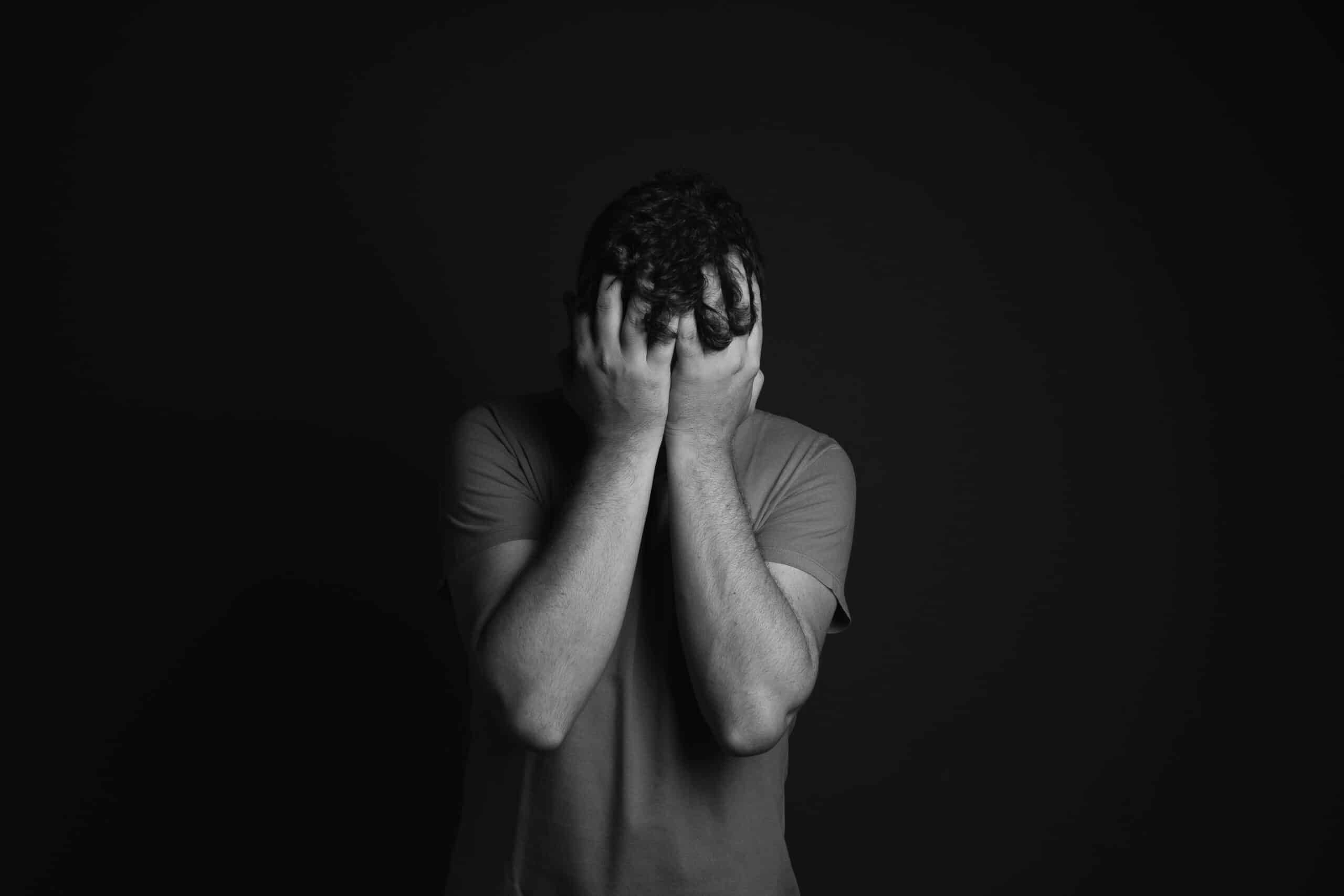
Depression can be a heavy burden, but help is available in Rome, Georgia. The city offers several options for those seeking treatment.
Rome has skilled therapists and counselors who specialize in depression. These professionals use proven methods to help patients manage their symptoms and improve their quality of life.
Fairland Recovery Center’s depression treatment center in Rome, GA, provides various services. These may include talk therapy, medication management, and group support. Our treatment center offers more intensive care for those with severe depression. The goal is to create a treatment plan that fits each person’s needs.
Fairland Recovery Center’s mental health providers understand that depression affects everyone differently. We work to create a safe, caring environment for healing. With the proper support, many people find relief from depression and learn to enjoy life again.
Understanding Depression
Depression is a serious mental health condition that affects mood, thoughts, and behavior. It can cause sadness, hopelessness, and loss of interest in daily activities. Depression is treatable with proper care and support.
The Connection between Depression and Mental Health
Depression is a mood disorder that impacts overall mental health. It can affect how a person thinks, feels, and acts. Depression often co-occurs with other mental health issues like anxiety. The brain chemistry of people with depression may be different from that of those without it.
Stress can trigger or worsen depression. Traumatic life events, genetic factors, and medical conditions can all play a role. Depression is not a sign of weakness. It is an actual illness that requires treatment.
Many people with depression benefit from therapy, medication, or a combination of both. Seeking help is an essential step toward better mental health.
Common Symptoms and Forms of Depression
Depression symptoms can vary but often include:
- Persistent sad or empty mood
- Loss of interest in activities
- Changes in appetite or weight
- Sleep problems
- Fatigue
- Difficulty concentrating
- Feelings of worthlessness or guilt
Different forms of depression exist. Major depressive disorder involves severe symptoms that last at least two weeks. Persistent depressive disorder is a long-term form of depression. Seasonal affective disorder relates to changes in seasons.
Some people experience depression with anxious distress. This involves feeling tense and restless. Others may have depression with atypical features, which can include increased appetite and sensitivity to rejection.
Risks Associated with Untreated Depression
Untreated depression can lead to serious health and life problems. It may cause:
- Worsening symptoms over time
- Increased risk of substance abuse
- Relationship difficulties
- Problems at work or school
- Physical health issues
- Thoughts of suicide or self-harm
Depression can impact every aspect of a person’s life. It may lead to social isolation and reduced quality of life. Seeking treatment is crucial for managing symptoms and preventing complications.
Early intervention can help prevent depression from becoming more severe. It can also reduce the risk of recurrence. With proper care, many people with depression can recover and lead fulfilling lives.
Our Treatment Programs
At Fairland Recovery Center, we offer a variety of programs to best suit our clients’ individual needs.
Inpatient care or residential treatment involves staying at a treatment facility. We offer several sober living facilities that act as inpatient care, providing clients with a safe, risk-free environment to live in while receiving treatment.
Partial hospitalization programs (PHP) are best for severe depression or those at risk of self-harm. This is our more comprehensive outpatient approach, and it is highly customizable depending on the client. Our treatment teams determine which services will be most effective through our initial evaluation process, and a plan is created around that.
Our intensive outpatient program (IOP) is a step down from PHP and is much more flexible for men and women who work during the day or need to take care of their families. IOP only requires a few hours of treatment per week, including individual therapy, group therapy, and holistic services.
We also offer general outpatient care, suitable for milder cases or those who are transitioning from inpatient care. Outpatient services can include individual, group, and family therapy.
Comprehensive Treatment Approaches
Fairland Recovery Center offers several evidence-based behavioral health therapies. These approaches help patients manage symptoms and develop coping skills. Trained professionals use different methods to address each person’s unique needs.
Cognitive Behavioral Therapy (CBT)
CBT is a widely used therapy for depression. It focuses on changing negative thought patterns and behaviors.
Patients learn to:
- Identify unhelpful thoughts
- Challenge irrational beliefs
- Develop problem-solving skills
Therapists guide patients to replace negative thoughts with more balanced ones. This can improve mood and daily functioning. CBT usually involves weekly sessions over several months.
Fairland Recovery Center uses CBT as part of a comprehensive plan. It can be effective for mild to moderate depression. Many patients see improvements in 12-16 weeks.
Dialectical Behavior Therapy (DBT)
DBT combines CBT techniques with mindfulness practices. It helps patients:
- Regulate emotions
- Tolerate distress
- Improve relationships
This therapy teaches skills in four main areas:
- Mindfulness
- Interpersonal effectiveness
- Emotion regulation
- Distress tolerance
DBT often includes both individual and group sessions. Patients practice new skills between appointments. This approach can be helpful for those with severe or chronic depression.
Eye Movement Desensitization and Reprocessing (EMDR)
EMDR is a therapy that helps process traumatic memories. It can be helpful for depression linked to past trauma.
During EMDR sessions, patients:
- Recall distressing events
- Follow therapist-guided eye movements
- Process memories in a new way
This technique aims to reduce the emotional impact of traumatic memories. It can help alleviate depression symptoms related to these experiences. EMDR typically requires fewer sessions than traditional talk therapy.
Medication and Psychiatric Care
Many depression treatment plans include medication. Fairland Recovery Center can prescribe and monitor these medications. Common types include:
- Selective serotonin reuptake inhibitors (SSRIs)
- Serotonin-norepinephrine reuptake inhibitors (SNRIs)
- Atypical antidepressants
Medication can help balance brain chemistry and reduce symptoms. It often works best when combined with therapy. Psychiatrists create individualized treatment plans for each patient. They adjust doses as needed and monitor for side effects.
Regular check-ups ensure the medication is working effectively. Some patients may need to try different medications to find the right fit.
Holistic and Alternative Therapies
We offer a range of holistic and alternative therapies. These methods aim to treat the whole person, not just their symptoms. They focus on the mind-body connection and personal growth.
Mindfulness and Stress Management
Mindfulness helps people focus on the present moment. It can reduce stress and negative thoughts. We teach meditation and deep breathing exercises. These skills help patients manage their emotions better.
Stress management techniques are also key. Patients learn to spot stress triggers and practice staying calm in challenging situations. These methods can be used anywhere, anytime. They give patients tools to cope with life’s challenges, and regular practice can lead to lasting change.
Art and Narrative Therapy
Art therapy lets patients express feelings without words. They might paint, draw, or sculpt. This can uncover hidden emotions and promote healing. Narrative therapy focuses on personal stories. Patients positively reshape their life stories, learning to see themselves as strong, not victims.
Both methods help patients gain new perspectives. They can boost self-esteem and creativity. These therapies often work well with traditional talk therapy.
Yoga and Physical Wellness
Yoga combines physical poses with breathing and meditation. It can improve mood and reduce anxiety. We also offer other forms of exercise. Walking groups or tai chi classes are common.
Physical activity releases endorphins, which are natural mood boosters. We aim to create positive and practical habits that clients can use outside treatment.
Nutrition often plays a role in these programs. Patients learn about foods that support mental health. Some centers have cooking classes or nutrition counseling. Combining these methods promotes overall wellness. They help patients feel better in body and mind.
Understanding Dual Diagnosis: Depression and Substance Use Disorders
When someone experiences both depression and substance abuse issues simultaneously, this is known as a dual diagnosis or co-occurring disorder. Understanding this complex relationship is crucial for effective treatment and recovery.
What is Dual Diagnosis?
Dual diagnosis occurs when an individual experiences both a mental health disorder and a substance use disorder simultaneously. This combination is prevalent with depression, as many people turn to drugs or alcohol in an attempt to self-medicate their depressive symptoms.
The Connection Between Depression and Substance Use
Depression and drug addiction often feed into each other, creating a challenging cycle:
- Depression may lead to substance use as a coping mechanism
- Drug addiction can worsen depressive symptoms
- Both conditions can affect brain chemistry and function
- Each disorder can mask or amplify the symptoms of the other
Integrated Treatment Approaches
Modern drug rehab facilities recognize that treating co-occurring mental health conditions and substance abuse requires a comprehensive approach. An effective treatment program typically includes:
- Simultaneous treatment of both conditions
- Medication management when necessary
- Individual and group therapy
- Behavioral interventions
- Support group participation
- Skills development for coping and relapse prevention
The Importance of Specialized Care
Traditional addiction treatment or mental health treatment alone may not be sufficient for individuals with a dual diagnosis. Specialized programs that address both substance use disorder and co-occurring mental health issues offer the best chances for recovery because they:
- Recognize the interconnected nature of both conditions
- Provide comprehensive care addressing all symptoms
- Offer specialized support from trained professionals
- Include long-term recovery planning
- Address the underlying trauma or contributing factors
Navigating Life Challenges and Transitions
Life changes can be tough. Getting help makes a big difference. Counselors can teach skills for handling difficult times better.
Coping with Grief, Loss, and Divorce
Grief and loss are painful. Fairland Recovery Center can help people work through these feelings. They teach ways to deal with sadness and anger after a death or breakup.
Divorce is complicated for the whole family. Therapists give support to both adults and kids. They help people adjust to significant changes in their lives.
Some helpful coping tips:
- Talk about your feelings
- Join a support group
- Take care of your health
- Be patient with yourself
Career Changes and Life Adjustment Issues
Changing jobs or careers can be stressful. A counselor can help with:
- Figuring out new goals
- Building confidence
- Dealing with job loss
- Balancing work and life
Moving to a new place is another significant change. Therapy helps people settle in and make new friends. It’s normal to feel unsure during significant life shifts.
Fertility, Adoption, and Parenting Support
Trying to have a baby can be challenging. We help couples deal with infertility stress. They teach ways to cope and make tough choices.
Adoption brings joy and challenges. Therapists support families through the process, helping them bond and adjust to a new family setup.
Parenting is rewarding but demanding. Counseling gives tips on the following:
- Discipline
- Communication
- Self-care for parents
Getting help early can make parenting easier and more fun.
Self-Improvement and Growth
Self-improvement is a key part of treating depression. It helps people feel better about themselves and their lives. The following areas are essential for growth and healing.
Boosting Confidence and Self-Esteem
Low self-esteem often goes hand-in-hand with depression. Building confidence is crucial for recovery.
Here are some ways to boost self-esteem:
- Practice positive self-talk
- Set small, achievable goals
- Celebrate accomplishments, no matter how small
- Try new activities to discover strengths
- Accept compliments graciously
We can help people work on self-esteem issues. We teach skills to challenge negative thoughts and build a more positive self-image.
Developing Healthy Relationships
Strong social connections are vital for mental health. Good relationships provide support and boost mood.
Here are tips for building better relationships:
- Communicate openly and honestly
- Set clear boundaries
- Practice active listening
- Show empathy and understanding
- Spend quality time with loved ones
Counseling can help people improve their relationship skills. Therapists work with individuals and couples to enhance communication and resolve conflicts.
Setting and Achieving Personal Goals
Having clear goals gives people a sense of purpose and direction. It can increase motivation and life satisfaction.
Steps for effective goal-setting include:
- Choose specific, measurable goals
- Break big goals into smaller steps
- Set realistic timelines
- Track progress regularly
- Adjust goals as needed
Mental health professionals can assist with goal-setting and support achieving those goals. They help people identify values and create action plans for personal growth.
Taking The First Step Towards Healing
Getting help for depression is a brave decision that can lead to positive changes. The recovery journey starts with reaching out and creating a plan that works for you and your recovery process.
Reaching Out for Help
Asking for help takes strength. Many people feel scared or unsure about talking to a treatment provider. However, we are ready to listen without judgment.
You don’t have to face depression alone. Therapists can offer support and new ways to cope. They create a safe space to share your feelings.
Family and friends can also be a source of comfort. Opening up to loved ones might feel hard at first. But their support can make a big difference in your healing journey.
Creating a Personalized Treatment Plan
Every person’s experience with depression is unique. That’s why treatment plans should be tailored to fit individual needs.
A good plan might include:
- Talk therapy sessions
- Medication (if recommended by a doctor)
- Lifestyle changes like exercise or diet
- Stress management techniques
Fairland Recovery Center works with patients to find the right mix of treatments and adjusts the plan as needed to ensure the best results.
Committing to Recovery and Resilience
Healing from depression takes time and effort. It’s normal to have good days and bad days. The key is to stay committed to your recovery during aftercare.
Building resilience is an integral part of the process. This means:
- Learning new coping skills
- Practicing self-care daily
- Celebrating small victories
Remember, recovery is possible. With the proper support and tools, you can find renewed energy and joy in life.
Recovery Starts Today
At Fairland Recovery Center, we’re here to support you on your journey to better mental health. Our expert health care team in Rome, GA, is ready to provide personalized care tailored to your unique needs.
Call us now at 770-797-7652 to schedule a confidential consultation. You don’t have to face depression alone – let us help you rediscover hope and happiness. Your path to recovery starts here.
Find Help Now
We accept most major insurances
